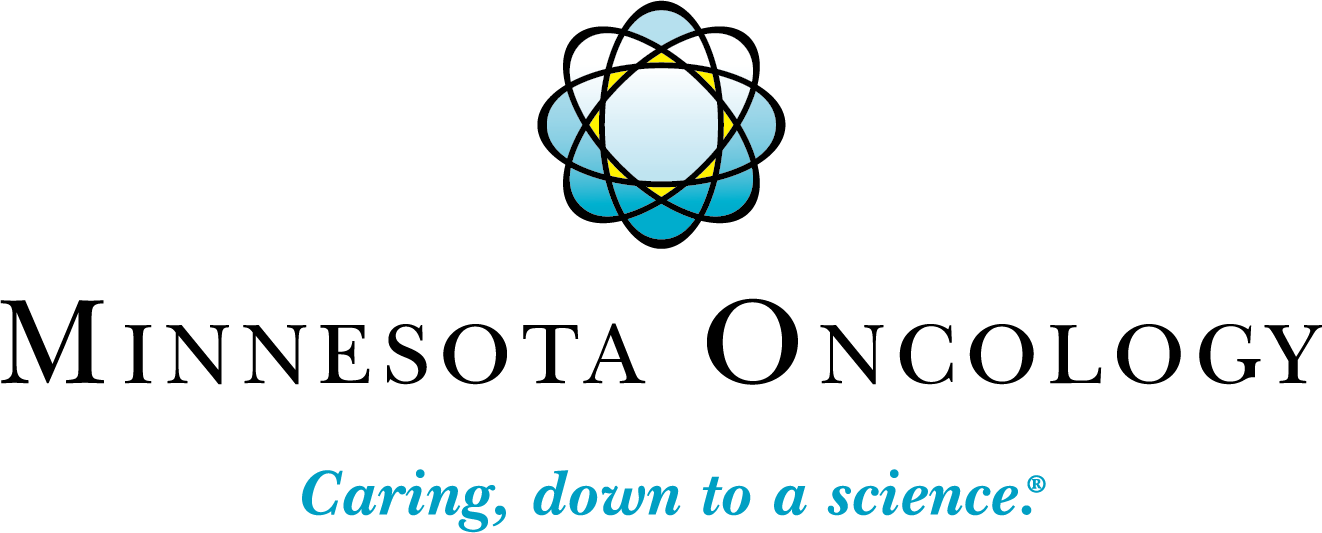
US Oncology Network’s Rhonda Henschel Discusses Value-Based Care, Payer Relations Initiatives

Rhonda Henschel, US Oncology Network's vice president of payer relations, summarized what she learned from the Minnesota Oncology IVBM and discussed new developments in the value-based cancer care space.
Rhonda Henschel, MBA, US Oncology Network's vice president of payer relations, discussed the current state of value-based care and the US Oncology Network’s payer relations initiatives. She also gave insight into what she learned from The American Journal of Managed Care®’s Institute for Value-Based Medicine® event in Minneapolis, Minnesota, on September 12, 2023, where she moderated a panel discussion.
Transcript
Can you share what was discussed during the panel discussion you moderated at the Minnesota Oncology IVBM?
The panel really focused on how multidisciplinary care in the community-based setting works related to complex patients who have a cancer diagnosis, especially those with a melanoma cancer diagnosis, and how they really work seamlessly together to coordinate care.
They also touched on their perspectives from each of their specialties and expertise on how they consider and talk through the various treatments, the treatment options, and how those treatment options really are going to impact the patient's experience, their quality of life, what they can expect, and how they really partner with patients on making those decisions, including whether or not there could be a potential financial toxicity associated with the care that they're going to receive.
The last thing that was really an interesting point to address and be able to hear about was the evolution related to precision medicine and the decision 1 testing related to melanoma and how that along with research have really developed in this space. There's a lot of really interesting things that I think we can all be optimistic about moving forward.
Overall, what were your biggest takeaways from the IVBM?
My biggest takeaway from the IVBM was to, first and foremost wear sunscreen, wear UV protected clothing, for sure, but also just how passionate the providers at Minnesota Oncology and their community partners are about really coordinating care in that community-based setting so that patients can get the highest quality of care and really trying to drive affordability, making sure that the care that they're delivering to patients is appropriate.
I think that it's exactly what we'd all want if we were faced with a cancer diagnosis. I think it's making sure that the patients are getting the right care, at the right time, the right place, and making sure all of those pieces are really seamless to the patient so they can have the best experience possible.
As vice president of payer relations for the US Oncology Network, what initiatives are you working on with payers to support value-based cancer care?
Well, as you know, the US Oncology Network is a very large organization. Right now, we have 78 different value-based care programs with various payers. Out of these 78 programs, there's 31 different models. Fourteen of those models are risk-based arrangements with 14 different payers.
You can tell that there's a wide range of programs that are out there. We're working with many, many payers in this space, and I think that it's really exciting to be able to collaborate with payers and practices and find a way to look at where they're at in that value-based care continuum and help them find ways to continue to transform their practices and transform the payer systems so that we can all continue moving forward in this area.
Currently, what are you most excited about in the value-based cancer care space?
The most exciting thing in the value-based care space today, especially related to oncology, is the new Enhancing Oncology Model from CMMI [Center for Medicare and Medicaid Innovations]. I think that this is exciting because it is a new refined program, building off of learnings from the Oncology Care model. I think we will continue to see just how these types of programs really encourage practices and providers to take things to that next level in finding new ways to be really driving value and driving that high quality care and affordability. I think I'm most excited to start to see some of those things come out, knowing that there tends to be a little bit of a lag there. I think that as we learn more, we'll take those things forward with our commercial payer discussions and see how we can build off of them in that space, as well.
In regards to value-based care and oncology, we've worked with many national payers on oncology-specific programs, and we've learned a lot from those opportunities. I think that some of the payers are still working and have their programs in place, others have decided to sunset their programs or revamp them and move into a new phase 2, and I think it'll also be exciting to see what's in store with those big national payers; they tend to set the tone going forward.
Newsletter
Stay ahead of policy, cost, and value—subscribe to AJMC for expert insights at the intersection of clinical care and health economics.









